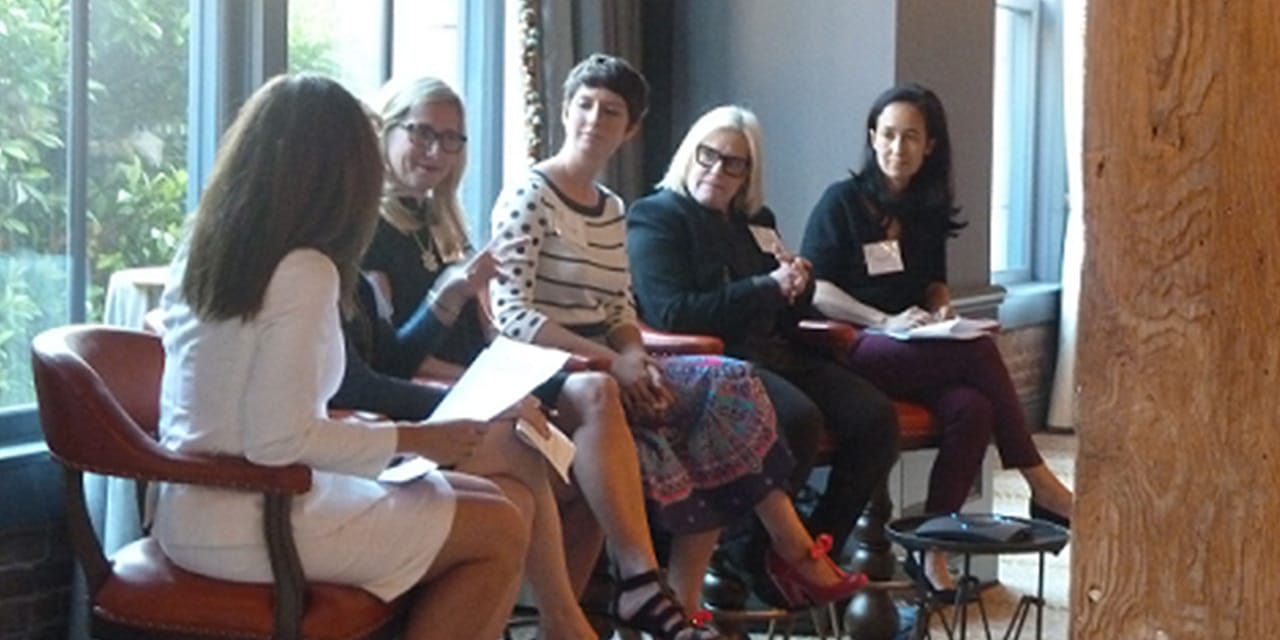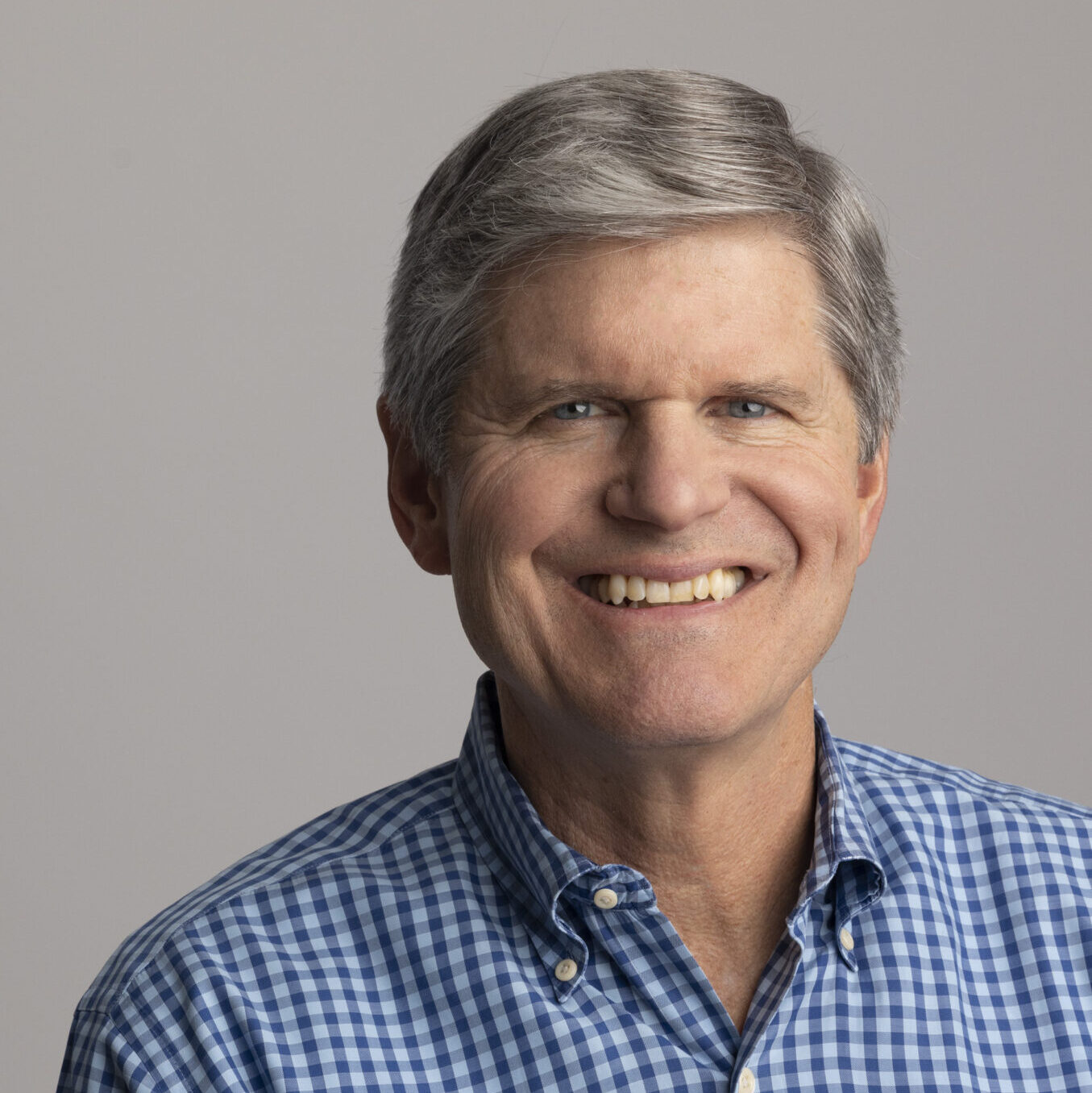It’s not often that a room full of startup CEOs and founders is 90% women. But that’s what happened on Tuesday night at The Battery in San Francisco.
The theme of the night was building a women-focused brand online. But more so, it was an opportunity for approximately 100 women CEOs and executives (as well as a few men) from the extended Norwest Venture Partners (NVP) community to hear a panel of successful and thoughtful women founders talk about how they approach company building.
These are issues we care deeply about at NVP. From a business standpoint, women control more than 70% of household spending in the U.S., so it would be crazy not to invest in companies that serve them. There are a significant number of talented women entrepreneurs who are targeting the female demographic, and we want to partner with them to build successful businesses.
Among our panelists were Amy Errett, CEO and co-founder of Madison Reed, which is reinventing the hair coloring experience for women, and Susan Koger, chief creative officer and co-founder of online fashion retailer ModCloth, both of which are backed by NVP. They were joined by Mariam Naficy, CEO and founder of Minted, Anna Zornosa, CEO and founder of Ruby Ribbon, and Lily Kanter, CEO and co-founder of Serena & Lily.
NVP General Partner Sonya Brown moderated the evening’s session. Sonya is focused on growth equity investments across a wide range of sectors, and her current investments and board seats include a diverse group of companies with female founders and CEOs including Bailey 44, My Alarm Center, and PCA Skin. Sonya is an expert in partnering with companies to build their brands online and an advocate for women in the VC and tech community. She asked our panel to provide an unvarnished view of the trials, successes and opportunities that come with launching and building a women-focused online brand.
They all agreed that a key to building a successful e-commerce company is keeping a laser-like focus on the target customer and resisting the urge to go after a broader audience too soon. You don’t want to do anything that would exclude potential customers, Mariam said, but it helps keep everyone on track internally if you have a clear vision of your shopper. She added that she reads most customer emails and answers their phone calls in order to make sure she is always connected to her customers’ needs. The panelists also agreed that women customers are interested in an experience as much as a product. They increasingly want to know the story behind the brand or feel a sense of community, Susan said, which means that online businesses targeting women need to be extra thoughtful regarding how they engage customers.
Panelists shared how raising funds for a company that targets women can sometimes be tough in a male-dominated industry. For example, Anna shared that Ruby Ribbon’s product and business model—shape wear that women try on at trunk parties—presented a fundraising challenge because “it’s not exactly the sort of thing to which a male investor can easily relate.”
Madison Reed’s Amy said that during a press interview, a male tech reporter had once quipped that the venture industry must be desperate to fund a hair-coloring startup—not realizing that it’s more than a $3 billion-a-year market and that 89 million women in the U.S. alone regularly color their hair.
“Maybe Silicon Valley is getting it that people who buy things are important,” she countered.
Thank you to our inspiring panelists and to everyone who attended the event on Tuesday evening. We had a room packed with former CMOs of major retail brands, founders of successful beauty and lifestyle companies and passionate female entrepreneurs who are building online brands – all of whom wanted to be a part of this conversation. It was clear that the topics addressed on Tuesday were top of mind for many talented female entrepreneurs and we are thrilled to have them as a part of our community.


